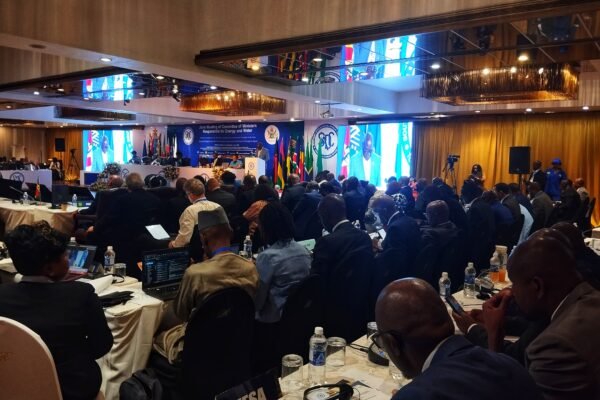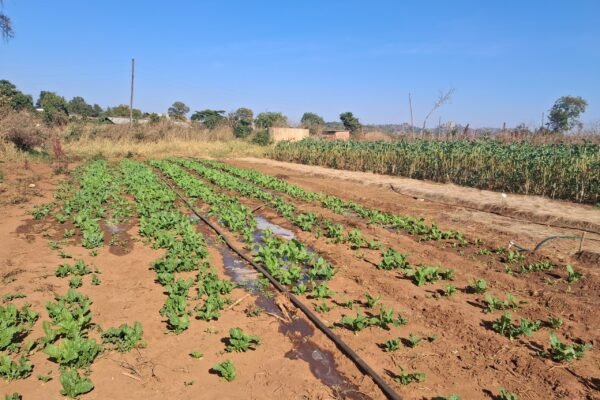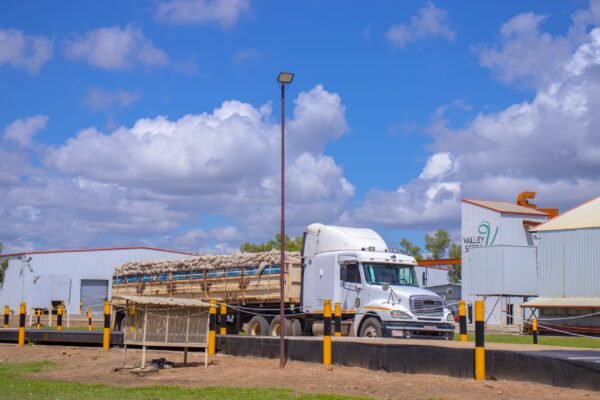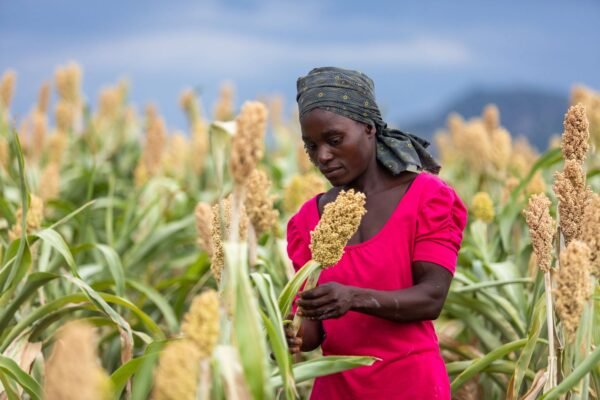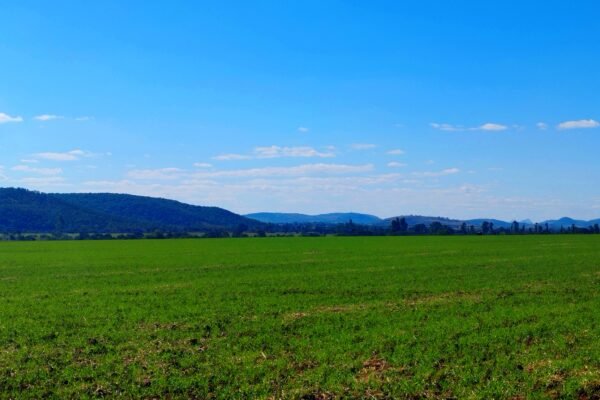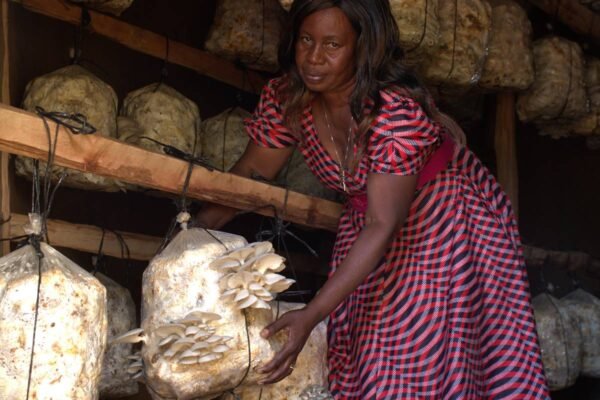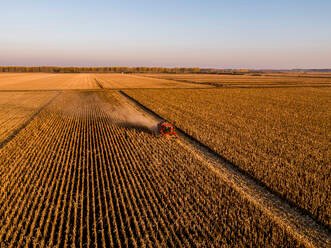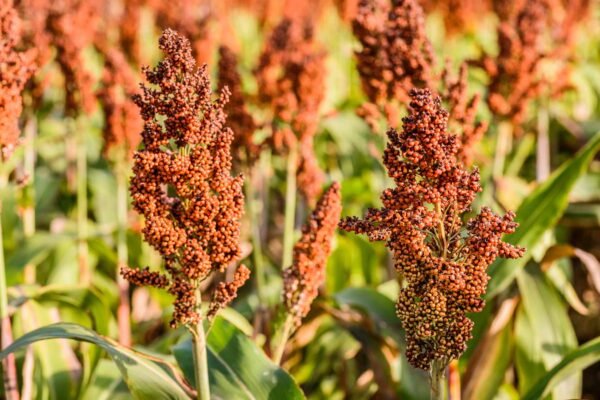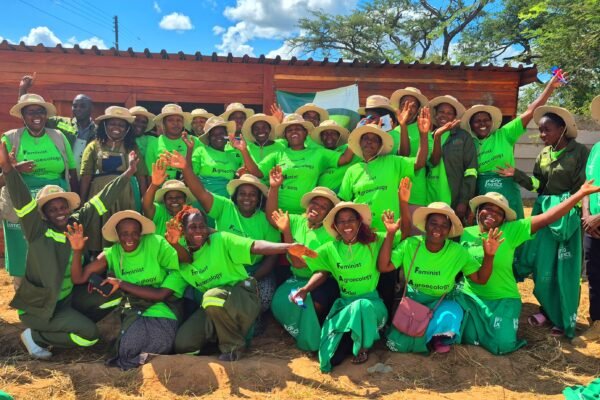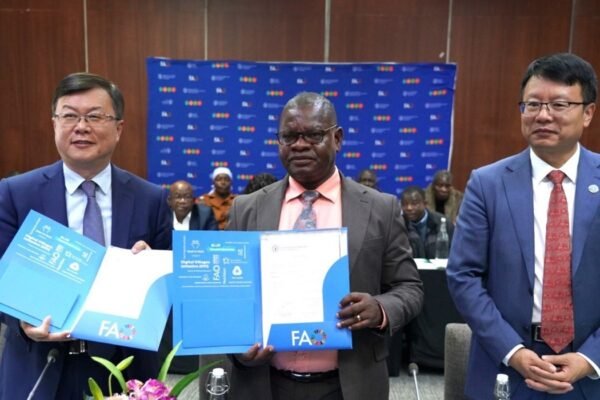
Zimbabwe steps up fight against climate impacts with new soil, water projects
The government of Zimbabwe has launched two projects focused on sustainable soil and water management, as the country grapples with rising climate pressures affecting agriculture and food security. The new projects “Capacity Development on Sustainable Soil Management in the Global South” and “National Water Roadmap towards 2030 Sustainable Development Goals”, are backed by the UN’s…

